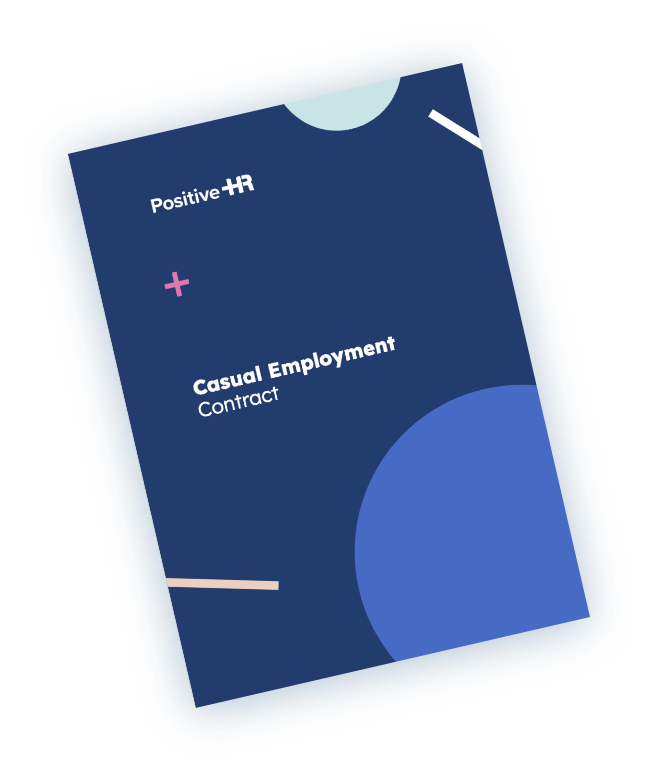- Home
- Leadr Lab
- HR Docs
HR Documents


- Outsourced HR
- Solutions
- RECRUITMENT & HIRING
- VALUES & CULTURE
- PROCESS MAPPING
- LEADERSHIP & PERFORMANCE
- OH&S & SWMS
- MISCONDUCT & TERMINATION
- UNSURE WHERE TO START?
RECRUITMENT & HIRINGRecruitment & Hiring
Are you looking to grow your business by expanding your team? Perhaps you want to know what the best practice is when bringing people on? Maybe you want to take your business a step further, so you can be considered an employer of choice. Wherever you stand with recruitment, Positive HR can help.
VALUES & CULTUREValues & Culture
A great workplace leads to increased productivity, better business results, and happier, more engaged employees. Success doesn’t just happen. Our team have years of experience turning a good workplace into a great one.
PROCESS MAPPINGProcess Mapping
Have a solid business plan but it all falls apart when one team member is sick? Constantly receiving negative comments from internal and external stakeholders when things don’t go to plan? Struggling to scale up and grow your business? Process mapping helps ensure you and your team know what to do and when to do it.
LEADERSHIP & PERFORMANCELeadership & Performance
Leaders matter, leadership matters more. Help your employees reach their full potential through a collaborative approach to leadership and team development.
OH&S & SWMSOH&S & SWMS
Keeping you & your team safe & supported. Positive HR will provide you with all the safety steps that you need to protect you and your workers from workplace hazards.
MISCONDUCT & TERMINATIONMisconduct & Termination
Have you received a formal complaint from an employee? Experiencing conflict in the workplace or perhaps certain employees repeatedly causing issues? Before you throw a Gordan Ramsay and yell “You’re fired!”, Positive HR can investigate, mediate, and, if it comes down to it, terminate employees while remaining fair, just, and keeping you legally covered.
UNSURE WHERE TO START?Unsure where to start?
We’ve got your back. There is no “one size fits all” approach when you work with Positive HR. We take the time to understand your industry and the elements that make it unique, not just from a compliance point of view, but also looking at the best approaches to drive success within your company.
- Why Us?
- Packages & Pricing
- Leadership Workshops







